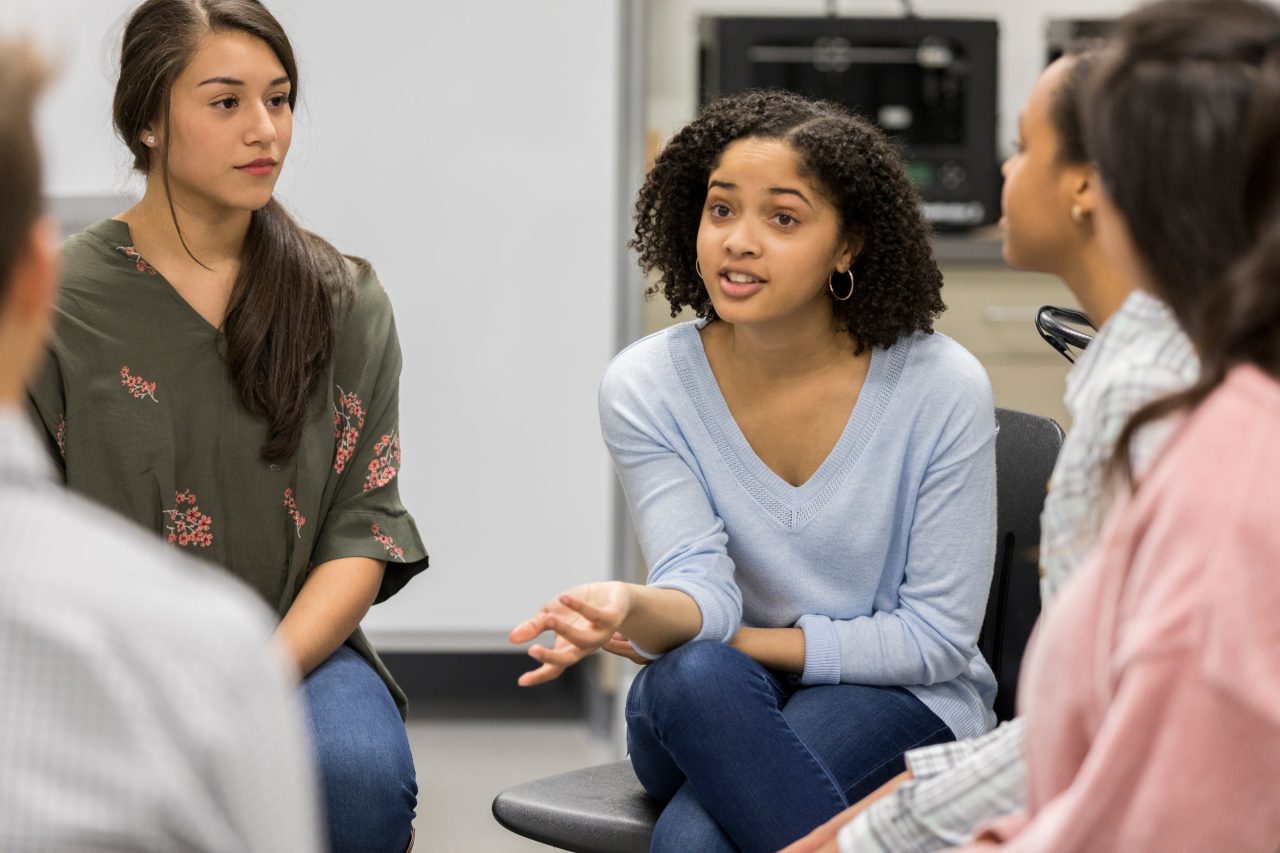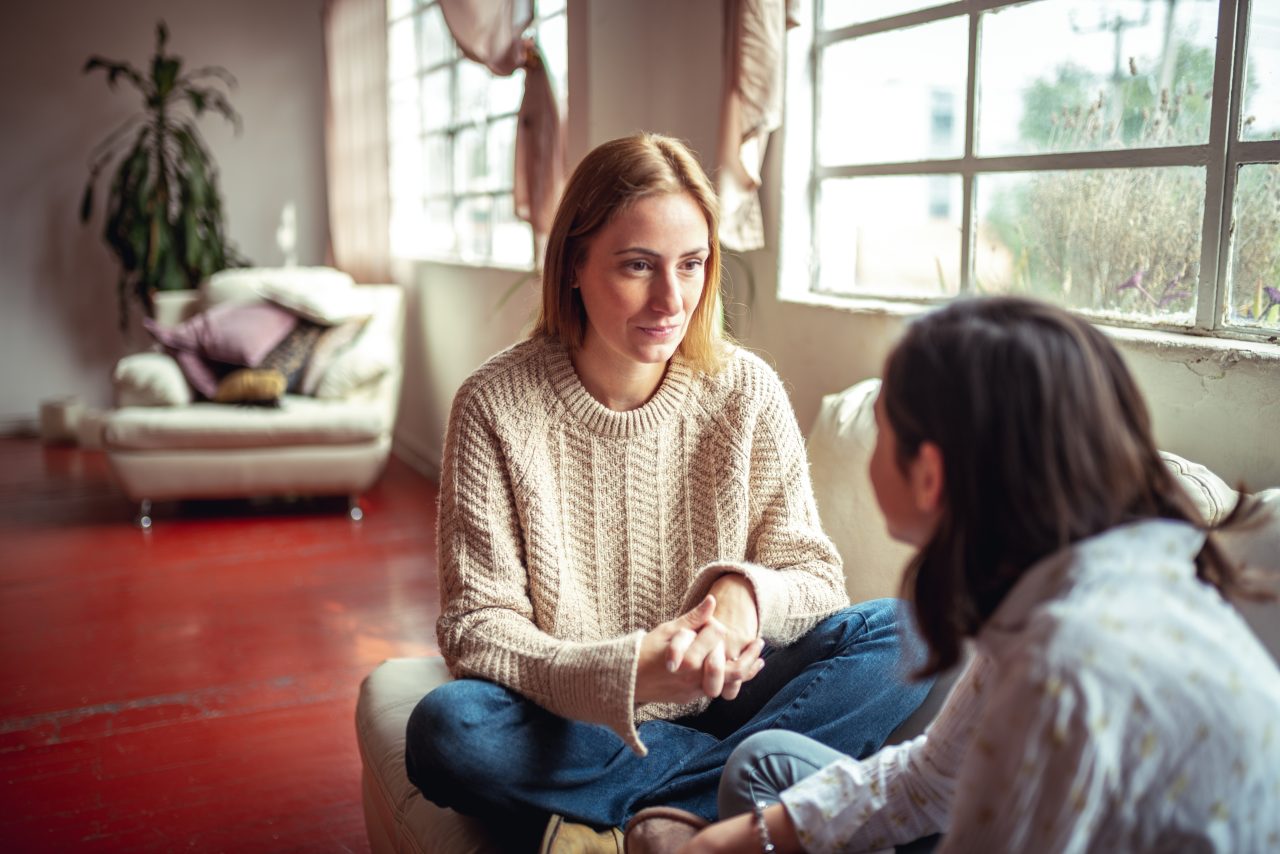The art of changing your mind
Making your mind up can be difficult, but why is it sometimes even harder to change our minds? Should you always stand up for what you believe in, or would it be smart to practice challenging your opinions? Why should you change your mind, and when should you do it?



Dame som sitter foran pcen og tenker

Tenåring snakker i en støttegruppe
Do you disagree?
It can be easy to change one’s mind if the decision is about for example what TV series you are going to watch. It can be more difficult if it is bigger things that you feel strongly about? How easy is it to change your mind then?

Jentegjeng som ser på film med pop corn

En gjeng tenåringer som sitter sammen i et friminutt

En gutt som prøver å få bussen til å stoppe

Barn som ligger på gulvet å tegner

Elever som gjør lekser sammen

En jente som hører på det venninnen har å fortelle
We must challenge each other!
We learn from disagreement. By speaking and listening to others, we learn to see things from another point of view. New information can change both opinions and attitudes. If we are able to get rid of bad ideas, we can build on the good ones at the same time.
Think of an issue that is very important to you. What do those who disagree with you think?

Mor som hjelper barna med lekser
Sources:
Media Rights:
-
-
-
Getty Images
-
Getty Images
-
Getty Images
-
Getty Images
-
Getty Images
-
Getty Images
-
Getty Images
-
Getty Images
-
Getty Images
-
Getty Images
-
Getty Images
-
-

